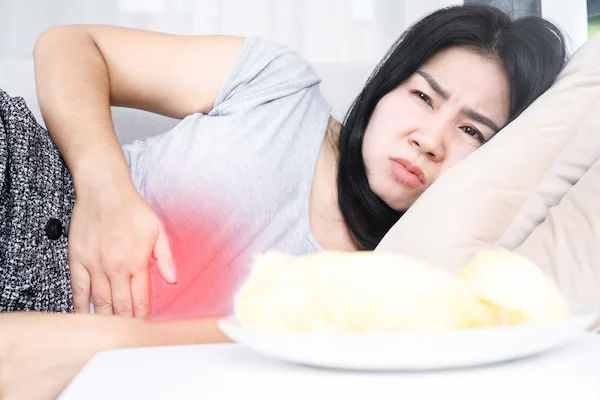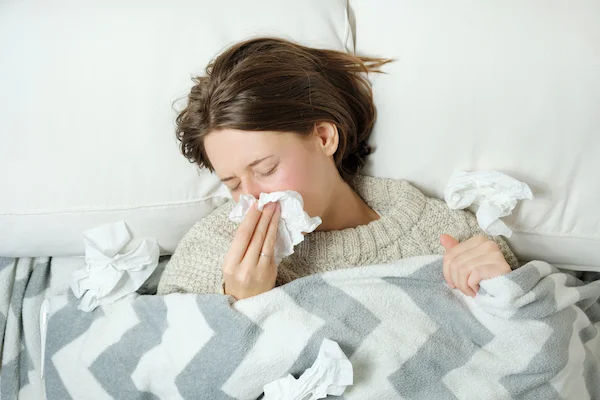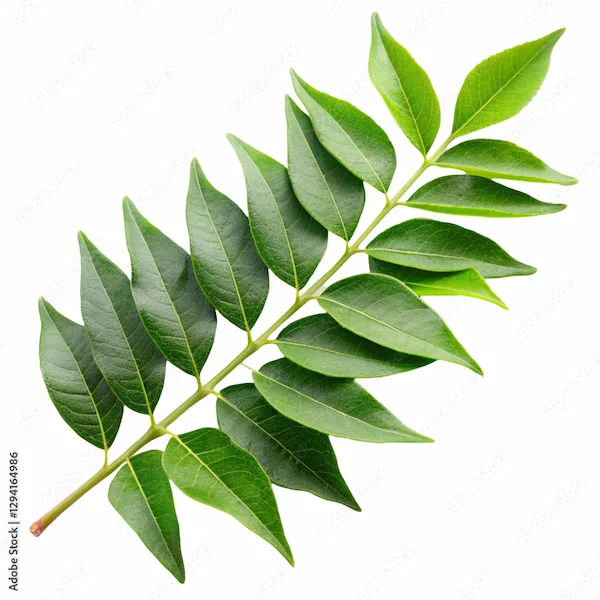Types, Causes, Symptoms, and Treatments of Headaches
Know about the types, causes, symptoms and treatment of headaches. Learn about the management of headaches and more.

Written by Dr. M L Ezhilarasan
Reviewed by Dr. Shaik Abdul Kalam MD (Physician)
Last updated on 14th Aug, 2025

Introduction
Headaches are one of the most common health complaints, affecting nearly everyone at some point in their lives. While most headaches are mild and temporary, some can be severe and persistent, impacting daily life. Understanding the different types, causes, symptoms, and treatments can help you manage them better.
Types of Headaches
Headaches are broadly classified into two categories: primary and secondary.
1. Primary Headaches
These are not caused by an underlying medical condition but are due to overactivity or problems with pain-sensitive structures in the head. Common types include:
- Tension Headaches – The most common type, often described as a dull, squeezing pain around the forehead or back of the head. Stress, poor posture, and lack of sleep are common triggers.
- Migraines – Intense, throbbing pain, usually on one side of the head, often accompanied by nausea, vomiting, and sensitivity to light or sound.
- Cluster Headaches – Extremely painful headaches that occur in "clusters" (multiple attacks over weeks or months), usually around one eye.
2. Secondary Headaches
These result from an underlying medical condition, such as:
- Sinus infections
- Head injury
- High blood pressure
- Dehydration
- Brain tumours (rare)
Consult a General Practitioner for Personalised Advice
Common Causes of Headaches
Headaches can be triggered by various factors, including:
- Stress & Anxiety – Leading cause of tension headaches.
- Poor Sleep – Lack of rest can trigger migraines.
- Dietary Factors – Skipping meals, caffeine withdrawal, or certain foods (aged cheese, processed meats, alcohol).
- Dehydration – Not drinking enough water can lead to headaches.
- Hormonal Changes – Women may experience headaches due to menstruation, pregnancy, or menopause.
- Eye Strain – Prolonged screen time or incorrect glasses prescription.
- Environmental Triggers – Strong smells, loud noises, or bright lights.
Symptoms to Watch For
Different headaches have different symptoms:
- Tension Headache – Mild to moderate pain, tightness around the head.
- Migraine – Throbbing pain, nausea, light/sound sensitivity, aura (visual disturbances).
- Cluster Headache – Severe pain behind one eye, tearing, nasal congestion.
- Sinus Headache – Pressure around cheeks, forehead, or nose, often with a stuffy nose.
When to See a Doctor?
It includes:
- Sudden, severe headache (like a "thunderclap").
- Headache after head injury.
- Persistent headaches despite treatment.
- Headache with fever, confusion, or vision changes.
Effective Treatments & Management
1. Medical Treatments
Over-the-counter (OTC) pain relievers – Paracetamol, ibuprofen, or aspirin (use as directed).
Prescription medications – Triptans for migraines, preventive drugs for chronic headaches.
Nasal sprays or oxygen therapy – For cluster headaches.
2. Lifestyle & Home Remedies
It includes:
- Stay Hydrated – Drink plenty of water.
- Manage Stress – Practice relaxation techniques like deep breathing, yoga, or meditation.
- Improve Sleep Habits – Maintain a regular sleep schedule.
- Regular Exercise – Helps reduce tension and improve circulation.
- Cold or Warm Compress – Apply to the forehead or neck for relief.
- Limit Caffeine & Alcohol – Excessive intake can trigger headaches.
3. Alternative Therapies
It includes:
- Acupuncture – May help reduce headache frequency.
- Massage Therapy – Relieves muscle tension.
- Herbal Remedies – Butterbur or feverfew (consult a doctor first).
When to Seek Professional Help?
If headaches are frequent, severe, or interfere with daily life, consult a healthcare provider. Apollo24|7 offers expert consultations and diagnostic tests to help identify the cause and provide personalised treatment.
Final Thoughts
While headaches are common, understanding their type and triggers can help manage them effectively. Simple lifestyle changes, proper hydration, and stress management can make a big difference.
Consult a General Practitioner for Personalised Advice
Consult a General Practitioner for Personalised Advice
Dr. Gaddam Manoj
General Practitioner
1 Years • MBBS
Hyderabad
Aaradhya clinic, Hyderabad

Dr. Mainak Baksi
General Practitioner
13 Years • MBBS , MD (MPH)
Howrah
Mainak Baksi Clinic, Howrah
(50+ Patients)

Dr Suseela
General Physician
5 Years • MBBS
Bengaluru
Apollo Medical Center, Marathahalli, Bengaluru
Dr. Sahana B
General Practitioner
3 Years • MBBS
Koppal
Khushi multi-speciality hospital, Koppal

Dr. Rajib Ghose
General Practitioner
25 Years • MBBS
East Midnapore
VIVEKANANDA SEBA SADAN, East Midnapore
Consult a General Practitioner for Personalised Advice
Dr. Gaddam Manoj
General Practitioner
1 Years • MBBS
Hyderabad
Aaradhya clinic, Hyderabad

Dr. Mainak Baksi
General Practitioner
13 Years • MBBS , MD (MPH)
Howrah
Mainak Baksi Clinic, Howrah
(50+ Patients)

Dr Suseela
General Physician
5 Years • MBBS
Bengaluru
Apollo Medical Center, Marathahalli, Bengaluru
Dr. Sahana B
General Practitioner
3 Years • MBBS
Koppal
Khushi multi-speciality hospital, Koppal

Dr. Rajib Ghose
General Practitioner
25 Years • MBBS
East Midnapore
VIVEKANANDA SEBA SADAN, East Midnapore




